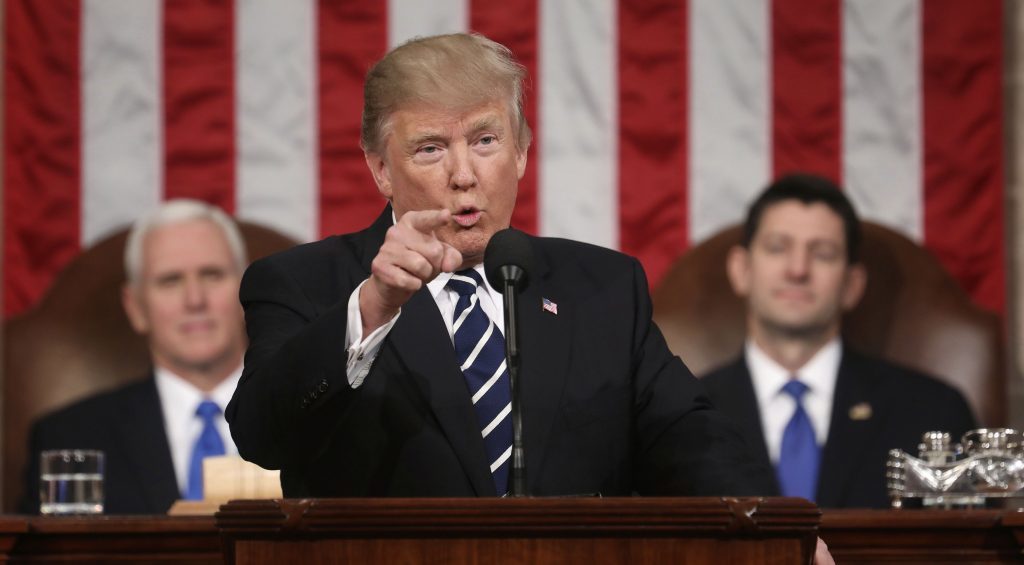
The Trump administration has again told Congress that Iran is complying with the nuclear deal, but insisted Tehran would face consequences for breaching “the spirit” of the agreement.
President Donald Trump, who attacked the 2015 pact as a candidate, gave himself more time to decide whether to end it or let it stand.
Instead, senior Trump administration officials sought to emphasise their deep concerns about Iran’s non-nuclear behaviour and vowed that those transgressions will not go unpunished.
In a shift from Mr Trump’s previous threat to “rip up” the deal, officials said the administration was working with US allies to try to fix its flaws, including the expiration of some nuclear restrictions after a decade or more.
The officials also said the US would slap Tehran with new sanctions penalising it for developing ballistic missiles and other activity.
Mr Trump, secretary of state Rex Tillerson and “the entire administration judge that Iran is unquestionably in default of the spirit” of the agreement, one official said.
That assessment carries no legal force, while Mr Trump’s certification that Iran is technically complying clears the way for sanctions to remain lifted.
The certification is a quarterly requirement, and Mr Trump first told Congress in April that Iran was indeed complying, while announcing new sanctions for non-nuclear behaviour to show there was no softening of his stance toward the Islamic Republic.
“We receive contradictory signals,” Iranian foreign minister Mohammad Javad Zarif said on Monday at the Council on Foreign Relations before the decision was announced.
“So we don’t know which one to interpret in what way.”
For Mr Trump, a vocal critic of the deal, the obligation to report to Congress on Iran’s conformity has created an unwelcome headache every three months.
Still undecided about whether to withdraw from the deal, he must either vouch for Tehran’s compliance or try to claim Iran is breaching it – even though the International Atomic Energy Agency that monitors the pact says it is not.
Under the deal struck by President Barack Obama and other world leaders, Iran agreed to roll back its nuclear programme – long suspected of being aimed at developing atomic weapons – in return for billions of dollars in sanctions relief.
The deal does not address global concerns about Iran’s non-nuclear activities, but also does not prevent the US and others from punishing Iran for those activities.
Iran remains on the US State Department’s list of state sponsors of terrorism for its support of anti-Israel groups.